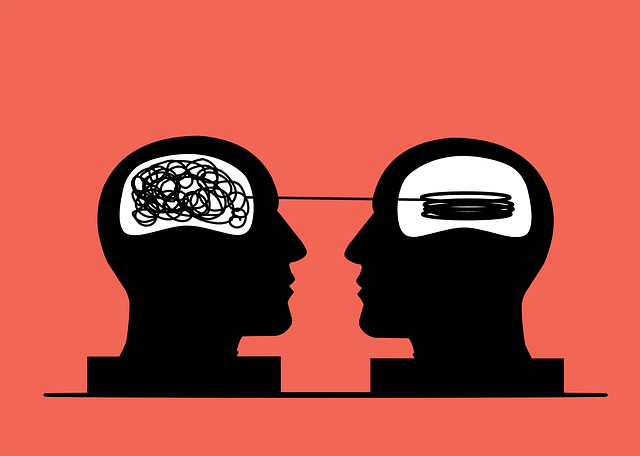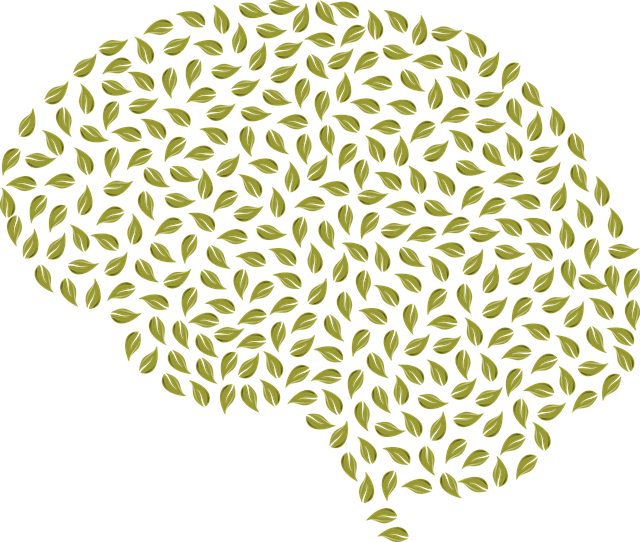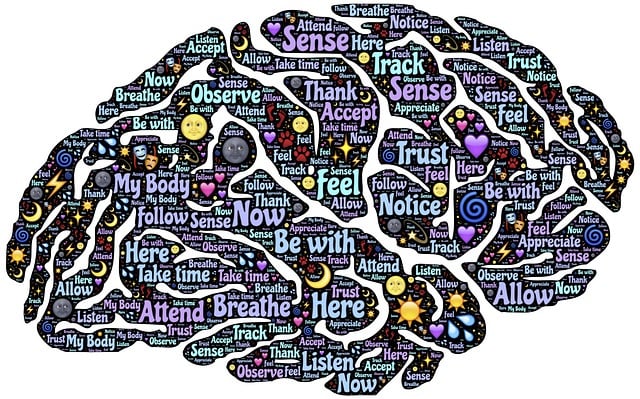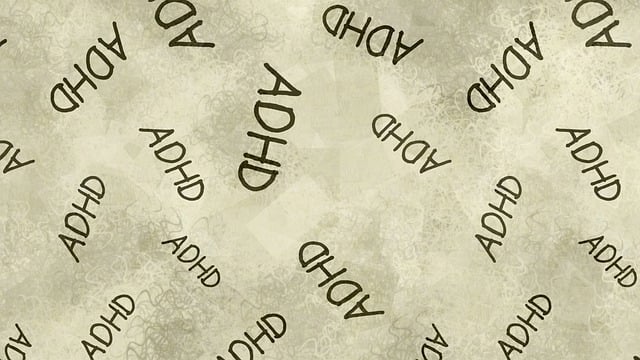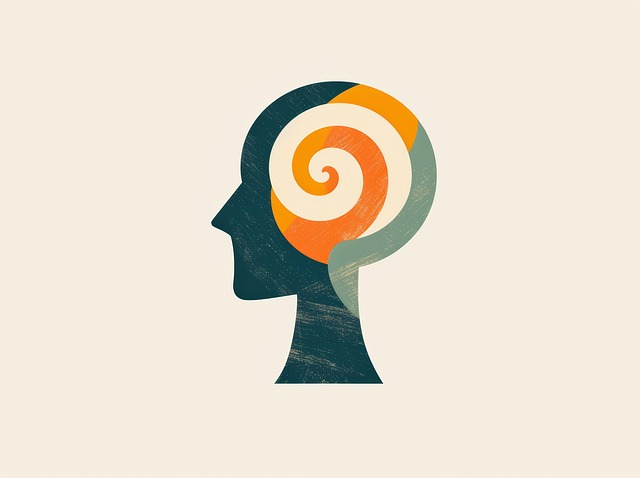In today's stressful healthcare environment, mental wellness coaching using evidence-based techniques like Golden Cognitive Processing Therapy (GCPT) is vital. Specialized programs offer safe spaces for exploring emotions, developing coping strategies, and enhancing overall well-being. GCPT helps individuals challenge negative thought patterns, reduce anxiety and depression symptoms, and cultivate positive mindsets. These tailored approaches empower healthcare providers to build resilience, improve stress management, achieve work-life balance, and ultimately enhance patient care within supportive organizational cultures.
Mental wellness coaching programs are gaining prominence as a vital tool for personal growth and resilience. This article explores the evolving landscape of mental health support, focusing on the integration of evidence-based practices like Golden Cognitive Processing Therapy (GCPT). We delve into strategies for designing effective coaching modules, addressing the growing need for accessible and tailored interventions to enhance overall well-being. By combining therapeutic techniques with coaching methodologies, these programs offer a promising path towards improved mental wellness.
- Understanding Mental Wellness Coaching: A Growing Need
- Integrating Golden Cognitive Processing Therapy (GCPT) into Coaching Programs
- Designing Effective Coaching Modules and Interventions
Understanding Mental Wellness Coaching: A Growing Need

In today’s fast-paced and often stressful world, the importance of mental wellness coaching cannot be overstated. With increasing rates of anxiety, depression, and burnout among healthcare providers – who are on the front lines of addressing our community’s mental health needs – there is a growing recognition of the value that specialized coaching can bring. Mental wellness coaching programs offer a supportive space for individuals to explore their thoughts and emotions, develop coping mechanisms, and enhance their overall well-being.
By integrating evidence-based practices such as Golden Cognitive Processing Therapy, these programs empower participants to cultivate resilience, improve stress management, and achieve a greater sense of balance. Moreover, they cater not only to the individual but also to organizations looking to foster a culture that prioritizes mental health. In light of increasing demands on healthcare providers and the critical role they play in our society, these coaching initiatives are becoming essential tools in the pursuit of both personal growth and improved patient care, reflecting key aspects of Healthcare Provider Cultural Competency Training, Mind Over Matter principles, and Burnout Prevention Strategies for Healthcare Providers.
Integrating Golden Cognitive Processing Therapy (GCPT) into Coaching Programs

Incorporating Golden Cognitive Processing Therapy (GCPT) into coaching programs offers a powerful approach to enhancing mental wellness. GCPT is an evidence-based therapy designed to help individuals challenge and reframe negative thought patterns, thereby reducing symptoms of anxiety and depression. By integrating this therapy into coaching sessions, professionals can facilitate clients’ self-care routine development for better mental health. Through structured techniques, coaches guide clients in identifying cognitive distortions, replacing them with more adaptive thinking, and cultivating a positive mindset.
This integrated approach not only aids in anxiety relief but also equips individuals with effective stress management skills. GCPT-informed coaching programs can include tailored exercises, such as thought recording and restructuring, to empower clients to navigate challenging situations with resilience. Moreover, organizing Stress Management Workshops within these programs allows for group learning and peer support, fostering a sense of community while promoting mental wellness on a collective level.
Designing Effective Coaching Modules and Interventions

When designing effective coaching modules, it’s crucial to incorporate evidence-based therapeutic approaches such as Golden Cognitive Processing Therapy (GCPT). GCPT aims to help clients challenge and reframe unhelpful thoughts, ultimately enhancing their mental wellness. Coaching interventions should be tailored to address specific psychological needs while fostering resilience. A structured curriculum that includes goal-setting exercises, cognitive restructuring techniques, and mindfulness practices can significantly contribute to anxiety relief.
Effective modules must also equip mental health professionals with robust risk management planning strategies. This involves teaching them to anticipate potential challenges and implement appropriate communication strategies. By integrating these techniques, coaching programs become more dynamic and responsive to individual client needs. Such an approach ensures that mental wellness coaches not only guide their clients towards improved cognitive processing but also facilitate a safe and supportive environment for profound personal growth.
Mental wellness coaching programs, enriched by the integration of Golden Cognitive Processing Therapy, are emerging as a vital tool in addressing the growing need for mental health support. By combining evidence-based techniques with personalized coaching, these programs offer a unique and effective approach to enhancing cognitive function and promoting overall well-being. Through strategic module design and targeted interventions, coaches can empower individuals to navigate life’s challenges more effectively, fostering resilience and a deeper sense of fulfillment.



